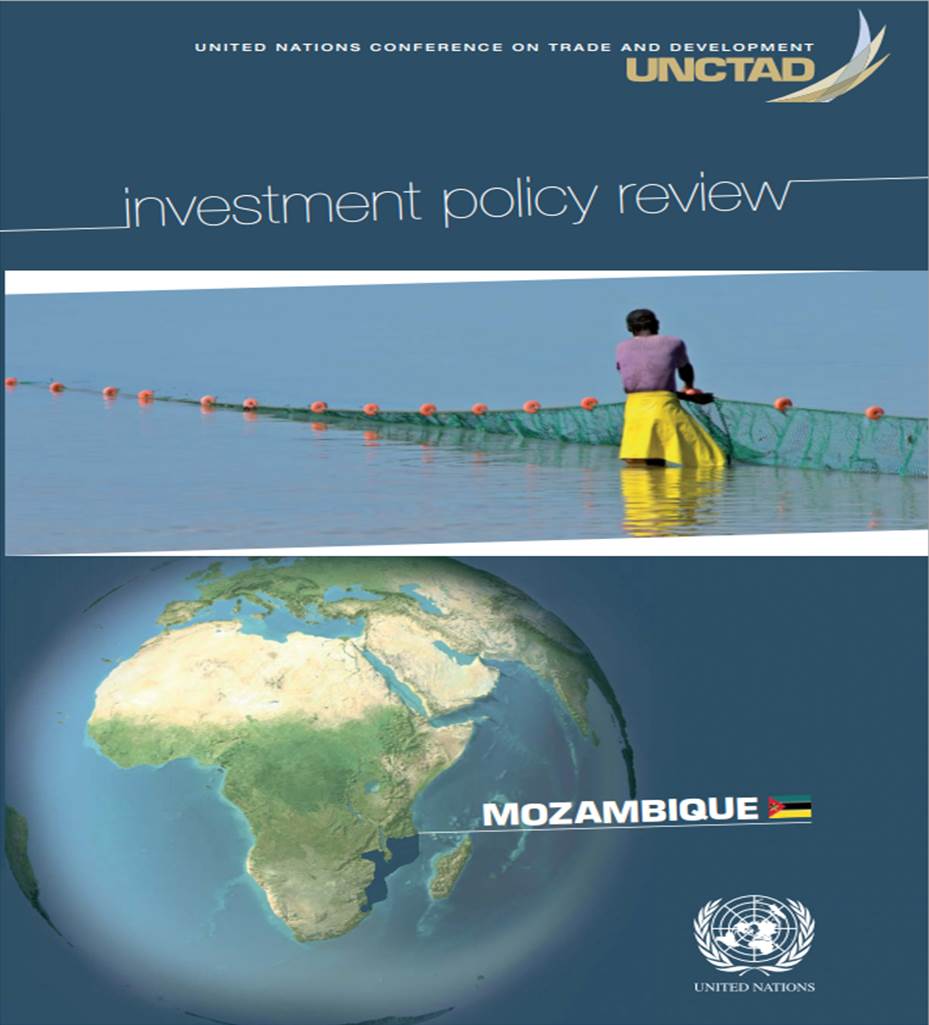Investment Policy Review of Mozambique
After emerging from a protracted civil conflict in the early 1990s, Mozambique has since been one of the fastest growing least developed countries. Political stability and sound macro-economic management have enabled it to gradually reduce poverty and to attract FDI. In particular, Mozambique was able to attract large-scale industrial foreign investments or "mega-projects" that have contributed to economic growth and transformed the image of the country as a destination for FDI. However, poverty remains widespread and its reduction is slowing down, suggesting that growth has not been sufficiently inclusive. In this regard, "mega-projects" have not met the expectations of many stakeholders in terms of developmental impact.
In this context and with the purpose to maximize the developmental benefits the country can obtain from FDI — including economic diversification and job creation — the IPR of Mozambique proposes an investment strategy with four policy orientations aimed at:
- Looking beyond "mega-projects" for economic growth, job creation and diversification. This implies levelling the playing field for investments across the board and reducing the regulatory bias towards "mega-projects" in offering incentives and promotion efforts for smaller-scale projects
- Supporting investment in areas where opportunities best match development needs. The IPR suggests promoting FDI in key sectors where the country has a comparative advantage, including agriculture and agro-processing, tourism, small-scale manufacturing and services, and infrastructure and logistics
- Maximizing the development impact of investments in mega-projects, mining and PPPs. While "mega-projects" have inherent limitations, they remain significant to economic growth and should be pursued. However, to support sustainable development objectives, the income generated from the country's vast natural resources should be carefully managed under a stabilization fund
- Improving the effectiveness of investment promotion.
In this regard, the IPR suggests that the Investment Promotion Centre focuses more on its promotion role and less on a regulatory one. The IPR also recommends that a Special Coordinator be made responsible for driving investment-related reforms and that Government strengthens public-private dialogue through regular consultation mechanisms.
















